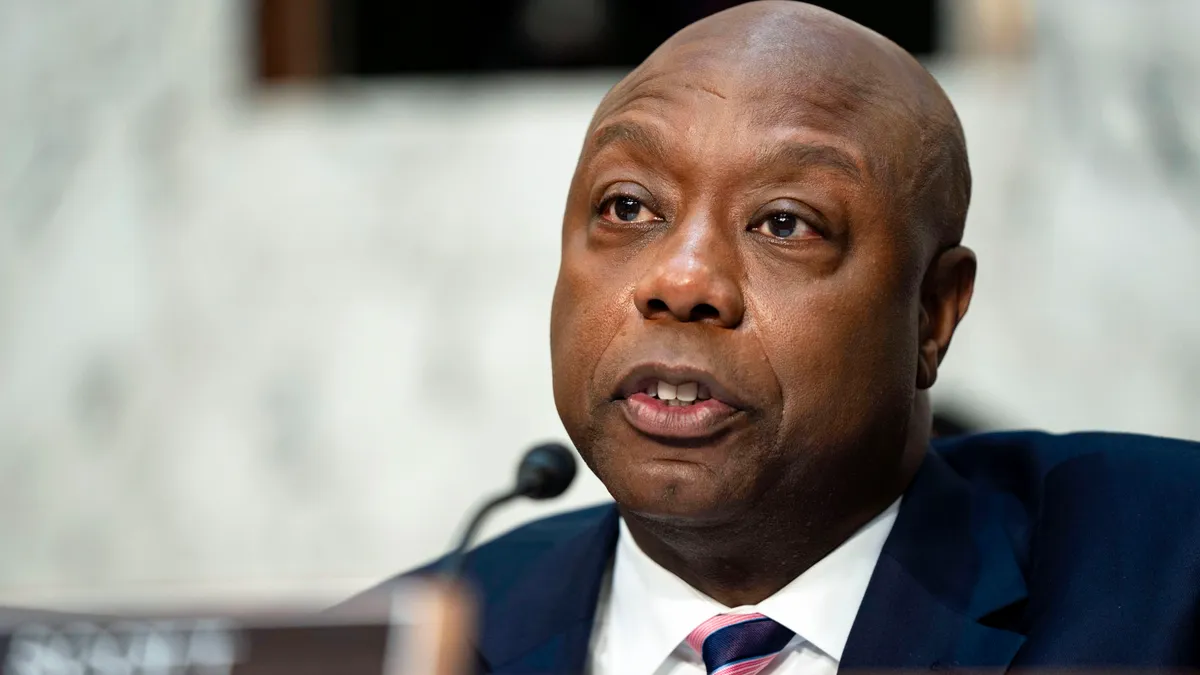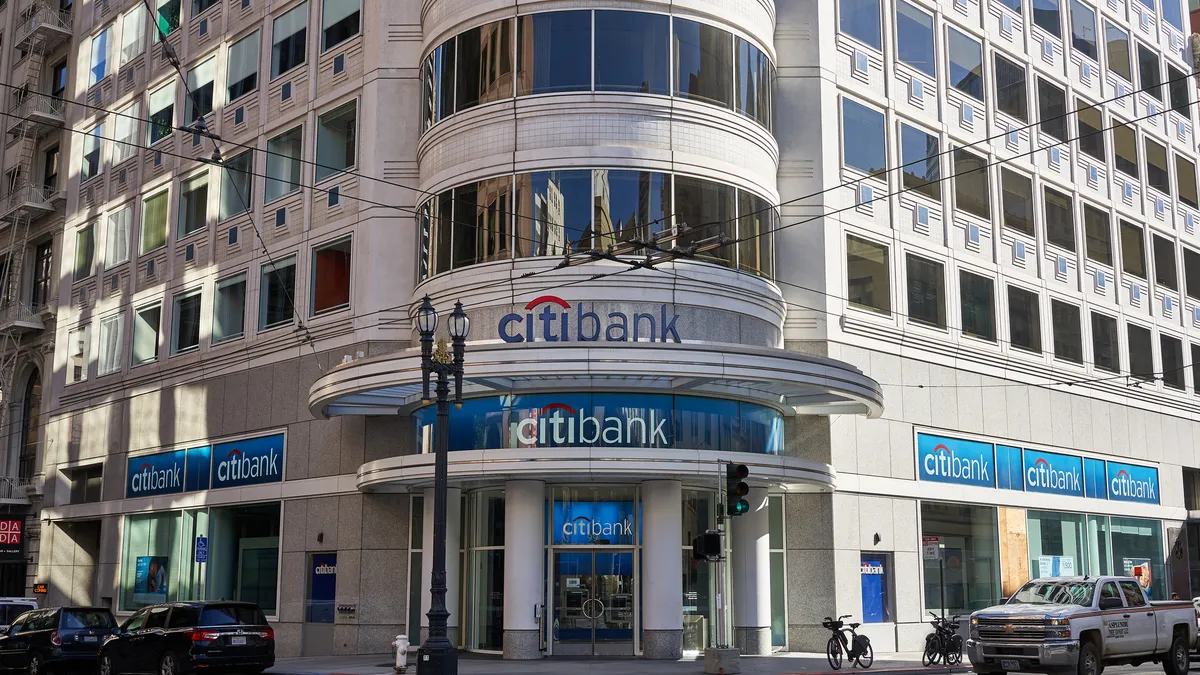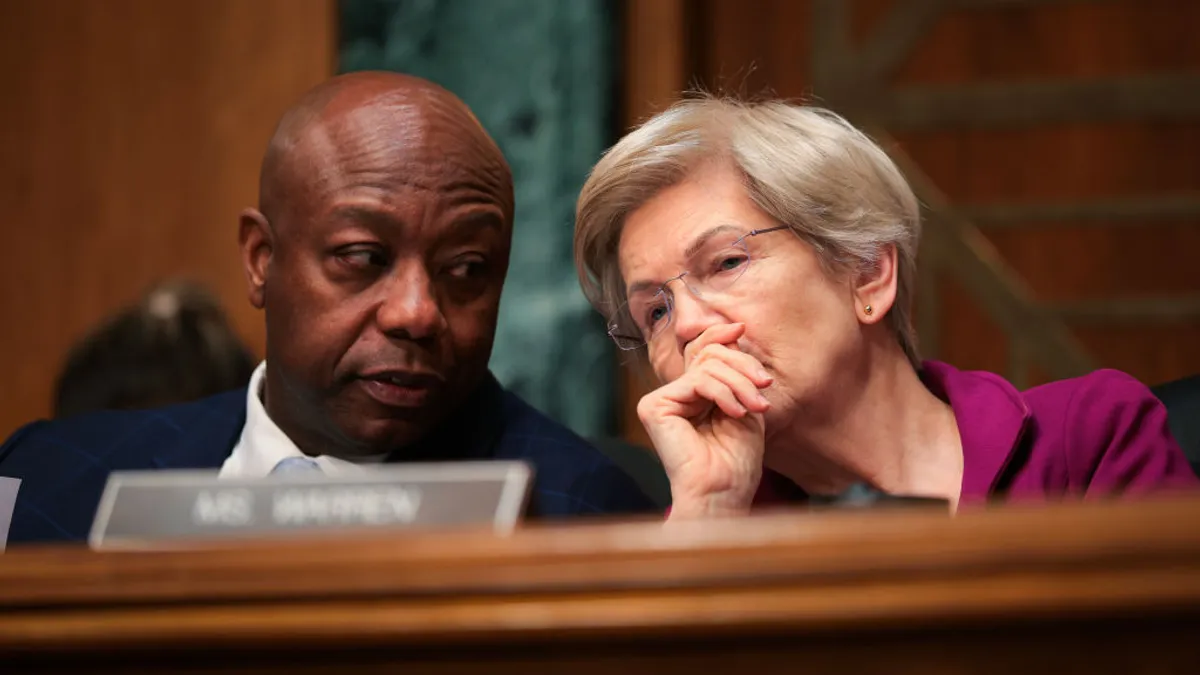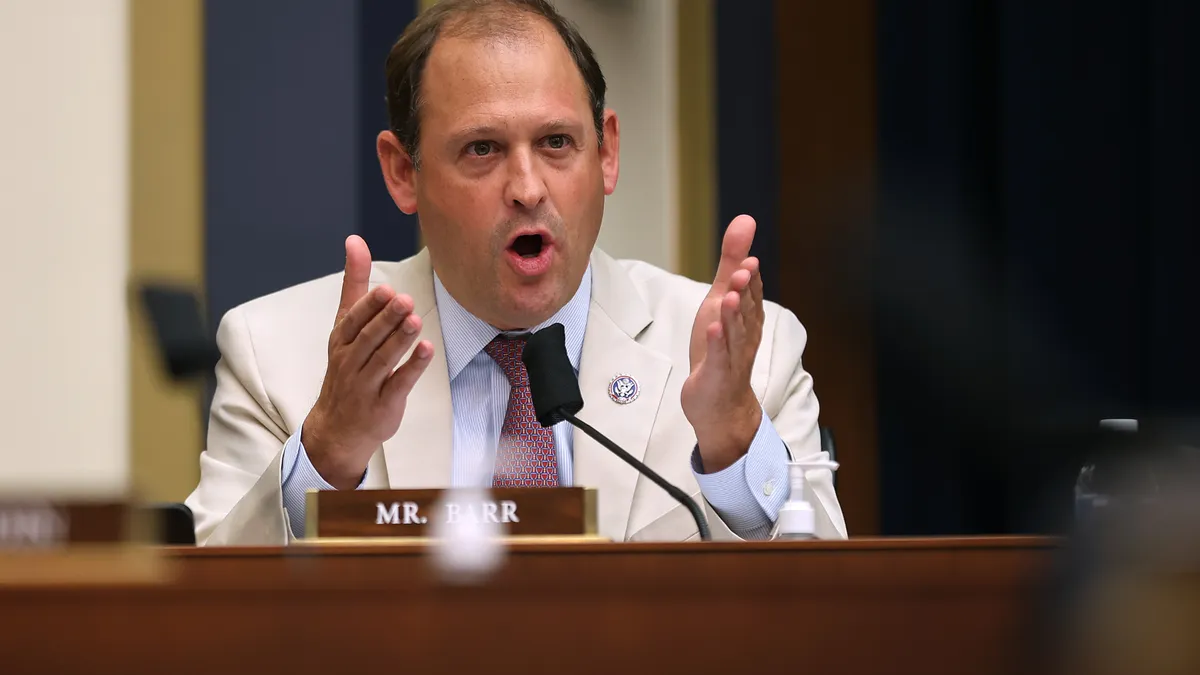Cheyenne, Wyoming-based Custodia Bank appears to be laying low until after the Trump team takes office.
The board of the digital asset-focused lender voted last week “to further reduce operations and preserve capital in anticipation of major crypto policy reforms from the incoming administration.”
In a statement on its website Nov. 20, Custodia said it’s taking these steps with an eye toward preserving its charter, as well as its application programming interface-based platforms for real-time payments and bitcoin custody. It also wants to safeguard a patent on bank-issued stablecoins, along with Custodia’s “clean compliance and operating record.”
Custodia has spent much of the Biden administration mired in a court fight with the Federal Reserve. The bank applied for a master account with the Fed in October 2020 and had been waiting more than a year and a half for its application to be approved when it sued the central bank. The Fed’s standard form agreement states that application “[p]rocessing may take 5-7 business days,” Custodia argued in its complaint.
Custodia took issue with the speed with which the Fed approved BNY’s application to take custody of clients’ crypto assets – accusing the central bank of favoritism toward incumbent banks.
The Fed, for its part, later rejected Custodia’s application, denied a request to supervise the Wyoming bank, and issued a scathing 86-page order asserting that it could have rejected Custodia’s application three times over, for separate shortcomings.
A U.S. district court judge in April sided with the Fed, ruling that the central bank does not have to give a master account to every eligible institution. Custodia appealed the decision. Oral arguments in the case, now in the U.S. Court of Appeals for the 10th Circuit, are set for Jan. 21, the day after President-elect Donald Trump will be sworn in.
Trump told attendees at a crypto conference in July that, if elected, he would make the U.S. the “crypto capital of the planet,” creating a bitcoin “strategic reserve” and a presidential advisory council on how to regulate digital assets.
“The rules will be written by people who love your industry, not hate your industry,” Trump told the conference.
The Biden administration has been marked by a regulatory turf war, of sorts, on crypto. With no single agency designated as the lead regulator on digital currencies, the Securities and Exchange Commission has stepped in, suing high-profile firms such as Coinbase, Kraken and Ripple on the grounds that certain offerings are securities because they represent investment contracts.
Coinbase, in particular, has accused the SEC of regulation by enforcement and sued to force the agency to outline its thinking.
SEC Chair Gary Gensler announced last week he would resign Jan. 20, a development Custodia CEO Caitlin Long openly cheered on the social media site X.
In a statement last week, Long said she is "incredibly proud of the Custodia team, the services we're building for our customers, and our resilience in the face of repeated debankings due to no fault of our own.”
Long posted Nov. 7 on X that Custodia had lost its banking partner the previous week – though she did not say which bank that was. She credited “Operation Choke Point 2.0,” a reference to an Obama-era policy that pressured banks to exit relationships in sectors that are legal but with perhaps dicey reputations – arms dealers, payday lenders and the like.
Last week’s note wouldn’t be the first step back Custodia has taken this year. It laid off nine of its 36 employees in August, a move Long characterized as “right-sizing so we can maintain operations while preserving capital” during the Fed court battle or “until after Operation Choke Point 2.0 ends.”
“I especially thank Custodia’s customers and shareholders who have helped us continue the fight for durability of banking access for the law-abiding U.S. crypto industry,” Long wrote last week on Custodia’s website.






















